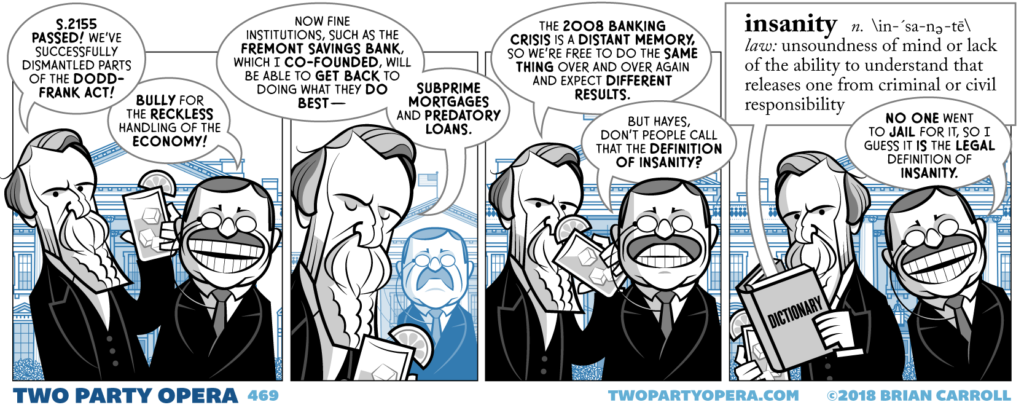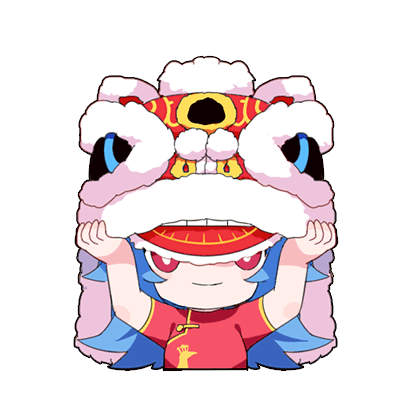How comics Definition, Synonyms and Examples - Brain Bank can Save You Time, Stress, and Money.


Analysis: In the face of a global pandemic, are comics dying? - The Beat
The Comic - definition and meaning with pictures Statements
comic \ k-mik \ 1 of, associating with, or marked by comedy a comic actor 2 causing laughter or amusement a comic monologue 3 of or relating to cartoons the paper's comic section c comics plural the part of a paper devoted to cartoons
This work is licensed under a Imaginative Commons Attribution-Non, Commercial 2. 5 License. This implies you're free to copy and share these comics (however not to offer them). More information.

Comics & The Graphic NovelWhat are comics ? Comics definition- ppt download
The Ultimate Guide To A Guide to Common Comics Terms for Newcomers - Book Riot

Innovative work in which photos and text convey details such as stories Comics is a medium utilized to express concepts with images, frequently integrated with text or other visual details. It typically takes the type of a sequence of panels of images. Textual gadgets such as speech balloons, captions, and onomatopoeia can show discussion, narration, sound results, or other details.
Cartooning and other forms of illustration are the most common image-making implies in comics; is a kind that utilizes photographic images. Common forms include cartoons, editorial and gag animations, and comic books. Considering that the late 20th century, bound volumes such as graphic books, comic albums, and have actually ended up being significantly typical, while online webcomics have proliferated in the 21st century.

Self Definition Cartoons and Comics - funny pictures from CartoonStock
The Definition of a Comic – Lit 328: Immigrants and Comics Ideas
Scholars have posited a pre-history as far back as the Lascaux cave paintings. By the mid-20th century, comics thrived, particularly in the United States, western Europe (particularly France and Belgium), and Japan. 宠物小精灵h版漫画 of European comics is typically traced to Rodolphe Tpffer's cartoon strips of the 1830s, and ended up being popular following the success in the 1930s of strips and books such as.
Histories of Japanese comics and cartooning () propose origins as early as the 12th century. Modern cartoons emerged in Japan in the early 20th century, and the output of comics publications and books quickly broadened in the post-World War II period (1945) with the popularity of cartoonists such as Osamu Tezuka.
The 10-Minute Rule for The Parts of a Comic
The English term comics is utilized as a singular noun when it refers to the medium itself (e. g. "Comics is a visual art kind."), however ends up being plural when referring to works jointly (e. g. "Comics are popular reading product."). Origins and traditions [edit] The European, American, and Japanese comics traditions have actually followed various paths.
